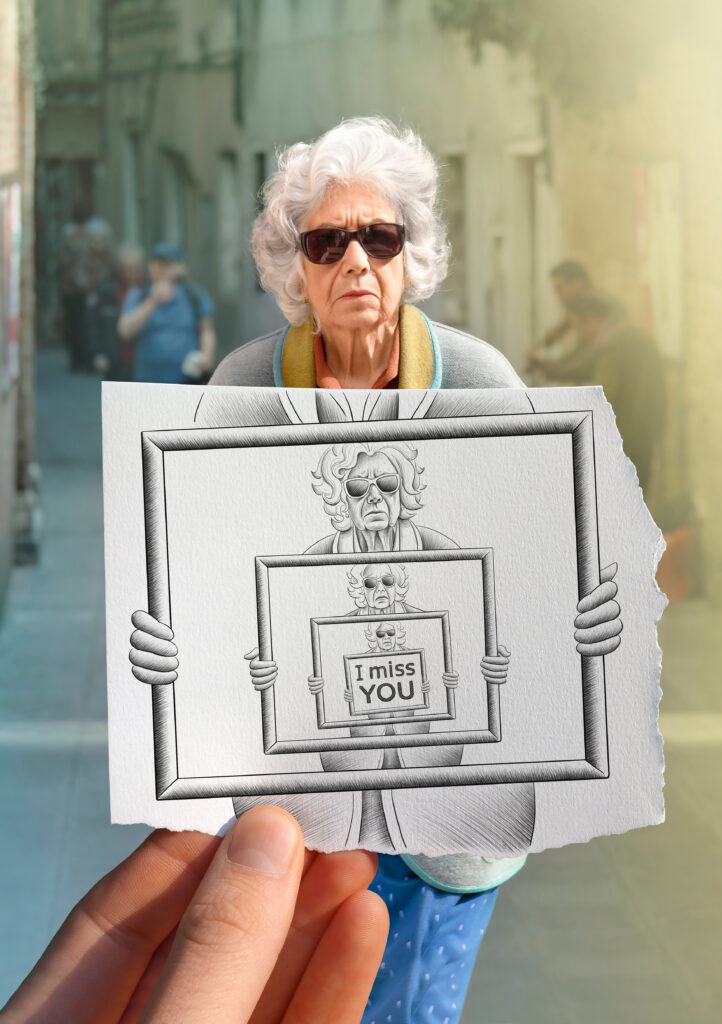
We had painstakingly found a time when we could all get together. It was quite a challenge. This particular group of friends seemed to have the busiest schedules, and none of them lined up with everyone else’s. But we made it happen. We jostled some commitments around and shifted other plans so that we could all spend time together.
And then, at the last minute, a few hours before we were scheduled to connect, one of my friends cancelled. They backed out, after all that work to find a time that worked for everyone.
At first, I was frustrated with this person. I wanted to reach out and persuade them to reconsider. I wanted them to be a part of my experience. I wanted their decisions to line up with my expectations.
And there it was. I wanted to have a say in their decision. Which is another way of saying I wanted power. Not abusive power. Not malicious power. But I wanted to influence their behavior.
When I took a step back, I realized that this person probably didn’t cancel flippantly. They probably put some thought into the decision and believed that they were making the very best choice for themselves. And for everyone else. After all, who wants to spend time with someone who really doesn’t want to be there?
I could justify it by saying that once they arrived and started interacting with friends, their spirit would be lifted, and they’d end up enjoying themselves. (Yes, I remember my Rumination about painting.) But the decision wasn’t mine to make. And wanting this friend to be present was more about me getting my way than about what was best for them.
So, I released that unspoken demand, and I enjoyed the company of the friends who were able to be present. The next day, I sent a short message to the person who had cancelled, expressing that I missed seeing them and that I understood they needed to make a different decision for that occasion.
Sometimes it’s easy to think we know best what other people need. What other people should do. It can be a challenge to let go of that assumption and realize that we’re usually just projecting what we want rather than really knowing what another person needs.
It really is OK if I don’t get what I want for someone else. It really is OK if someone decides something that doesn’t match what I hoped they’d decide. Maybe it’s even a demonstration of trust and acceptance to allow myself to be disappointed by other people’s decisions. Or maybe it’s just a reminder that tending to my own decisions is challenge enough without having to know what’s best for everyone else.
Share this post: